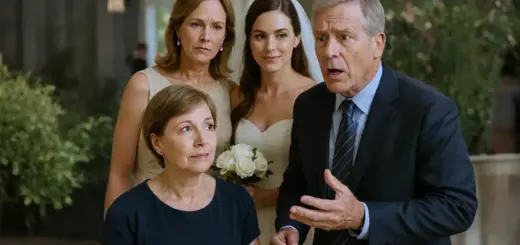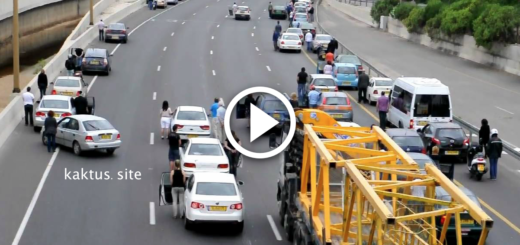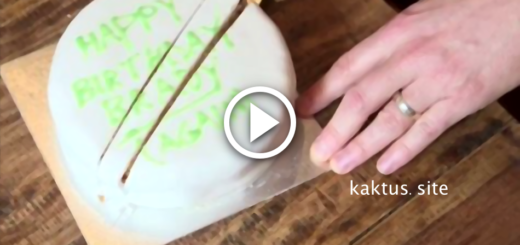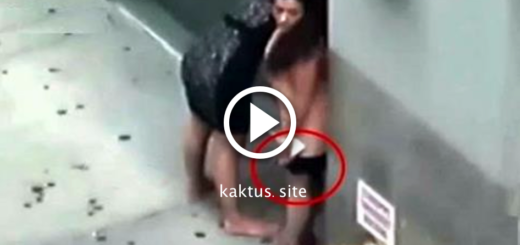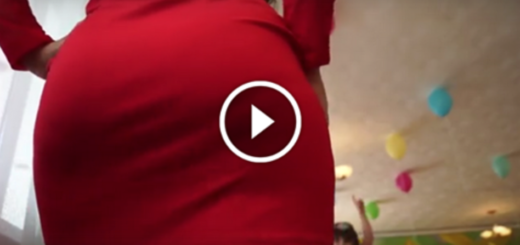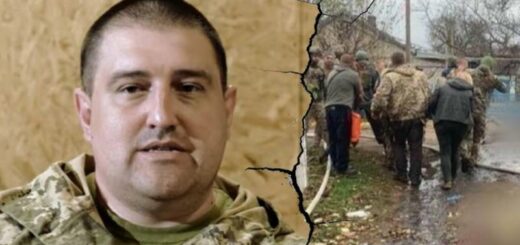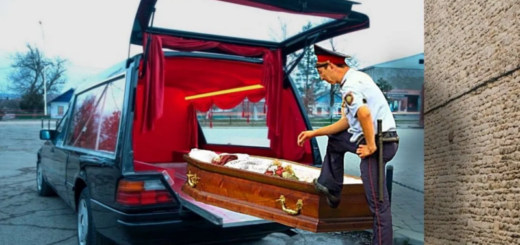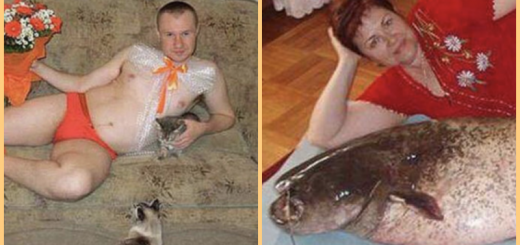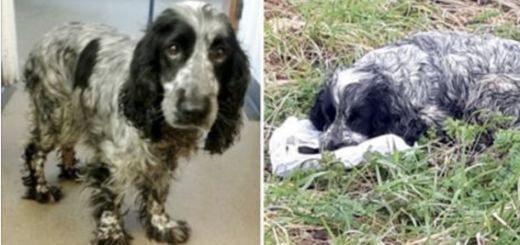I didn’t tell anyone I was going to see a lawyer. Not that day. Let them think I was still sitting in my kitchen, stunned, wounded, waiting for the phone to ring. Let them believe I was curled up in some armchair, looking at old photo albums, whispering their names through tears.
Let them believe it, because that’s the version of me they were most comfortable with. The quiet woman who gave, forgave, and stepped back without asking for space at the table. But I wasn’t walking into Harold’s office for tears or pity. I had a folder in my handbag and a list of names on my notepad. And I had one very clear goal.
Mr. Harold looked up from his desk, surprised. «May,» he said, standing. «You didn’t need an appointment, but I’m glad you came.»
«I want to formalize the transfer,» I said, sitting without waiting to be invited. «All of it. I want the titles, the bank assets, and the documents updated. And I want protections in place.»
He blinked. «Protections?»
«Yes, legal locks. I don’t want either of my sons accessing a cent of this estate. Not through proxy, not through power of attorney, not even through charm.» I paused. «Especially not through charm.»
Harold cleared his throat and reached for his pen. «We can draft a restriction clause. You’re within your rights. And the property titles can be updated to reflect sole ownership. That process takes a few weeks.»
«I’d like to move on the accounts immediately. There’s too much liquid cash sitting vulnerable.»
«Understood.» He opened a folder and pulled up forms. As he filled them out, I looked around the room. His office smelled of paper and lemon oil. Not expensive, not fancy. But it was steady, reliable, like Derek’s workbench used to be, full of tools that did what they promised.
«I also want to open a trust,» I said, interrupting his pen. «A living trust. For someone who actually still treats me like a human being.»
«Do you have a beneficiary in mind?»
I nodded. «Her name’s Claire. Claire Whitlow, my cousin’s granddaughter. She’s twenty-six. Works nights at the city library. Visits me every two weeks like clockwork. Never asked me for a dime.»
He looked up, slightly amused. «And you want to make her the successor to Marlene’s estate?»
«Not all of it. But a portion. Enough to set her free from struggle. Enough to let her breathe.»
He smiled gently. «That’s generous of you.»
«No,» I said. «It’s appropriate.»
We worked in silence for some time. I signed where needed, read every clause, and asked questions. Mr. Harold never rushed me. That, I appreciated. When everything was in motion, I sat back.
«There’s one more thing,» I said. He raised his brow. «I want a clause in my own will that if either of my sons contests any part of these arrangements after my passing, they are to be disinherited completely.»
Harold didn’t flinch. «You want to include a no-contest clause?»
«Yes.»
He jotted it down without another word. Some might say that was petty. Harsh, even. But people who say that have never looked into the eyes of their own child and seen calculation instead of love.
I left the office with a small stack of paperwork and a strange sense of calm. It wasn’t joy, not exactly. It was more like the quiet after a storm, when the air is still charged, but the sky is finally open. I took the long way home.
I drove past the elementary school where I’d taught for nearly thirty years. The playground was empty, swings swaying in the breeze. I used to walk that way with Randall in one hand and Trevor in the other, their jackets half-zipped and their cheeks red from the cold. They’d fight over who got to push the doorbell. Now they wouldn’t even push open a door for me.
At home, the answering machine was blinking. Two messages. I pressed play.
First was from Trevor. «Hey, Mom, just wanted to check in. Uh, hope you’re OK. Randall and I were talking, and we think maybe we should all sit down soon, clear the air. You know, get things straight.»
Second was Randall. «Mother, I think there’s been some confusion regarding the will. It’s possible there was a clerical issue. We’re working on clarifying things, but we’d appreciate it if you could forward any documents you brought to the meeting. For transparency.»
Transparency? I almost laughed. That’s the word people use when they’re trying to see through you, not with you.
I deleted both messages. Then I sat down and wrote two letters. One to Randall, one to Trevor. Short, calm, clear. «I received your messages. I’m not interested in discussing the estate at this time. All matters are being handled through my attorney. Please direct any further questions to him. Mother.»
No apologies, no warmth. They’d get the message. I wasn’t angry. I was awake. And when a woman wakes up after years of giving, of softening her edges to fit into the corners others carve for her, she doesn’t go back to sleep. Not ever again.
The next morning, the doorbell rang at 9:07. I was still in my robe, coffee in hand. Through the window, I saw a silver car parked haphazardly at the curb. Randall’s. He hadn’t parked in front of my house in years. Always too busy. Always on the other side of town.
I didn’t answer right away. Let him wait. The second ring came faster, sharper. He was always impatient when the world didn’t move on his schedule.
When I opened the door, he gave a smile I recognized from every family Christmas after Derek died, the kind of smile that didn’t quite touch his eyes. «Hi, Mom,» he said, like we hadn’t just stared each other down across a lawyer’s desk two days ago. «I was in the area.»
I raised an eyebrow. «At 9 a.m. on a Saturday?»
He laughed like I was joking. «May I come in?»
I hesitated. Then I stepped aside. Not because I wanted to, but because I wanted to see how far he’d go. He walked in like he still remembered the layout. He looked around like something had shifted, though he couldn’t name what. It had, but not the furniture.
I didn’t offer coffee. He sat on the edge of the armchair, fingers laced, his suit jacket too formal for a drop-by.
«I wanted to talk,» he began. «There seems to have been some miscommunication with Marlene’s documents. Trevor and I were blindsided.»
«Were you?» I asked softly.
He paused. «Well, yes. No one told us there was a prior will, one that overrides the new one.»
«Because you didn’t ask,» I said. «You assumed. You assumed she left it all to you, that I would sit quietly, nodding along like I always did.»
«I wouldn’t put it that way.»
«No, you wouldn’t,» I folded my hands in my lap. «But I would, and I just did.»
The pause that followed was thick with things neither of us said. Then he leaned forward. «Mom, we’re family. We should be on the same page here. We can fix this. We can find a solution.»
His voice had that lilt again, that edge of persuasion. «You’re very good at what you do, Randall, selling people things.»
«I’m not trying to sell you.»
«You sold me the first time,» I interrupted, «when you said I needed to sign over the house for taxes.»
He shut his mouth and looked down. There it was.
«I’m not angry,» I said. «That’s not what this is. I’m done. I’ve made arrangements. Everything is being handled legally, and if you try to challenge it, you’ll be disinherited from anything I still control.»
He looked up. «You’re really going to cut us out?»
«I’m going to stop rewarding neglect.» He sat back, and for the first time in years, he had nothing to say.
Trevor showed up two days later, unannounced, not in a suit like his brother, but in his usual jeans and oil-stained jacket. He didn’t knock at first, just stood on the porch, shifting from foot to foot like a boy waiting to be called inside. I watched him through the curtain for a full minute before I opened the door.
He smiled sheepishly. «Hey, Ma.» It had been years since he’d called me that.
«Are you here for a chat, or do you need something fixed?» I asked.
He scratched his neck. «Maybe both.»
I stepped aside. He walked in and took off his boots without me asking, a detail Randall had forgotten. He sat at the kitchen table like he used to when he was broke and trying to avoid admitting it. I made tea. Old habits. We sat in silence while it steeped.
«You know,» he said finally, «I didn’t know about the old will. Randall handled everything with the lawyers. I just trusted him.»
I stirred my tea. «You always did.»
«Guess I shouldn’t have.» I looked at him. He seemed tired, older than I remembered, even with the same boyish mouth. But I knew better than to mistake fatigue for repentance.
He reached into his jacket pocket and pulled out an envelope, sliding it across the table. «I don’t want money, Ma. That’s not why I’m here. This is everything you loaned me. All the numbers. I made a list. I know I can’t pay it back all at once, but I want to.»
That stopped me. Not because of the gesture—I knew how people like to offer just enough to appear noble—but because of the math. Every number was right, down to the fifty dollars I’d slipped him for a tow truck six years ago.
I picked up the paper. «You kept track.»
He nodded. «Always meant to make it right. I just didn’t know how to say it.»
«And now you do?»
«I guess watching Randall scramble over something that wasn’t his made me think.»
I let the silence hang between us. «I was angry,» he added. «At the reading. At you. At Marlene. At everything. But I wasn’t surprised. Not really.»
«Why not?»
«Because you’re not stupid, Ma. You were never stupid. I think maybe we just counted on you acting like you were.»
I looked down at the steam rising from my cup. He wasn’t wrong. It wasn’t that they believed I didn’t know better; it’s that they believed I’d never speak up even if I did.
«I want to earn back your trust,» Trevor said quietly.
«Then don’t fight the will,» I said. «Don’t hire lawyers. Don’t let Randall talk you into anything. Just leave it. Let it be what it is.»
He nodded slowly. «I can do that.»
I didn’t smile. I didn’t soften. I just looked at him and said, «Good.» And for once, that was enough.


